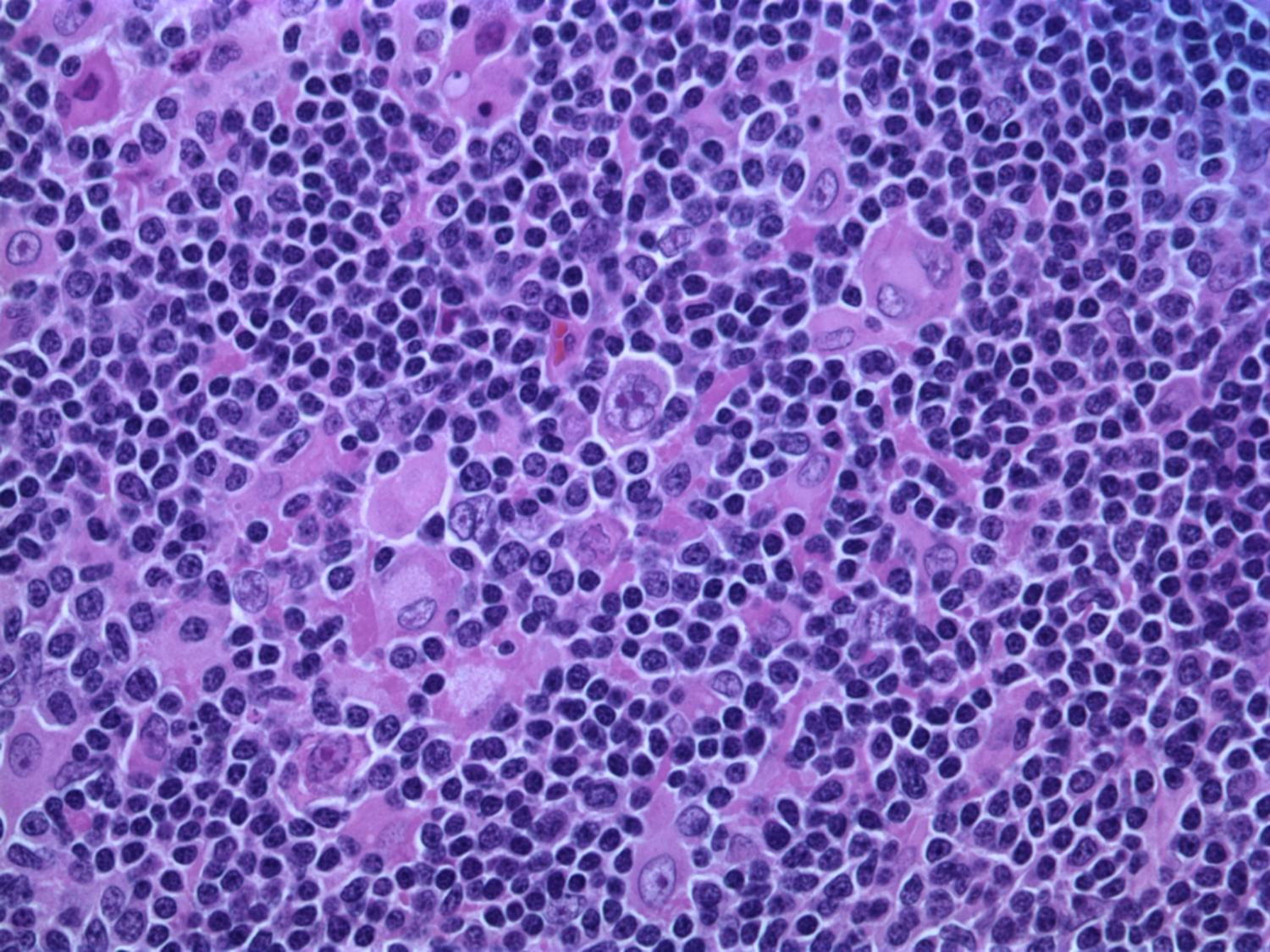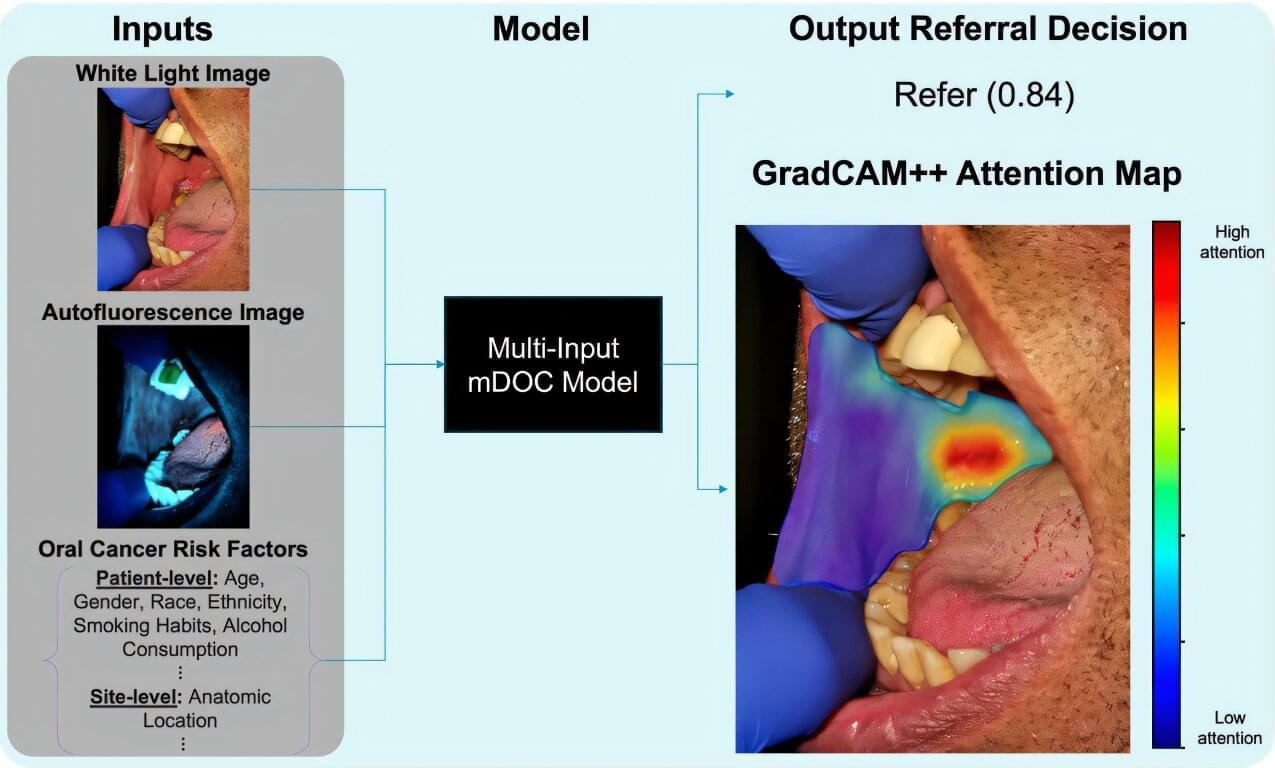Cybersecurity researchers have disclosed details of a new campaign that exploited a recently disclosed security flaw impacting Cisco IOS Software and IOS XE Software to deploy Linux rootkits on older, unprotected systems.
The activity, codenamed Operation Zero Disco by Trend Micro, involves the weaponization of CVE-2025–20352 (CVSS score: 7.7), a stack overflow vulnerability in the Simple Network Management Protocol (SNMP) subsystem that could allow an authenticated, remote attacker to execute arbitrary code by sending crafted SNMP packets to a susceptible device. The intrusions have not been attributed to any known threat actor or group.
The shortcoming was patched by Cisco late last month, but not before it was exploited as a zero-day in real-world attacks.









